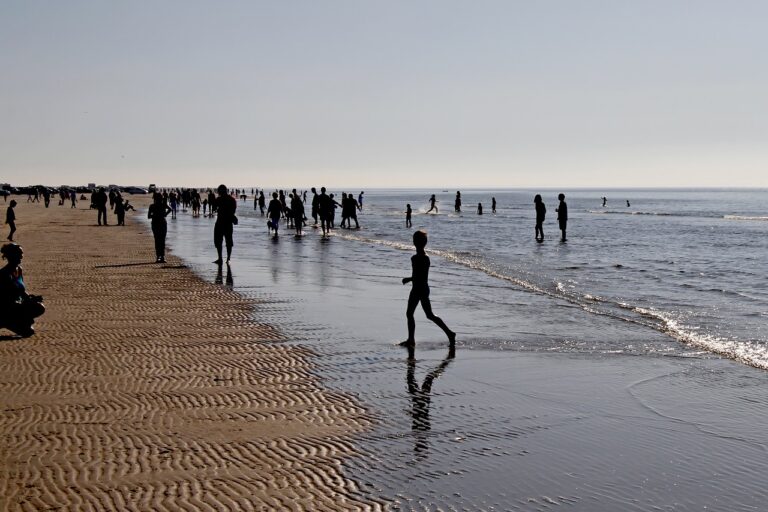Writing for Post-Apocalyptic Films: Surviving the End of the World: Silverexch, Goldenexch. Bet, Betbook247
silverexch, goldenexch. bet, betbook247: Writing for post-apocalyptic films can be a thrilling and challenging experience for screenwriters. With the popularity of movies and TV shows like “Mad Max: Fury Road” and “The Walking Dead,” there is no shortage of inspiration for apocalyptic storytelling. But how can you ensure that your screenplay stands out in a crowded genre? Here are some tips for surviving the end of the world in the world of film writing.
The Setting: Setting the Scene for Disaster
In post-apocalyptic films, the setting is crucial to establishing the tone and atmosphere of the story. Whether it’s a barren wasteland, a crumbling city, or a world overrun by zombies, the setting should reflect the aftermath of a catastrophic event. Be sure to vividly describe the environment so that the audience can visualize the world you’ve created.
The Characters: Creating Memorable Survivors
Strong characters are essential in any film, but in a post-apocalyptic setting, they can make or break the story. Your characters should be complex, relatable, and compelling. Give them unique personalities, motivations, and flaws that will drive the narrative forward. Whether they’re brave survivors, cunning villains, or reluctant heroes, ensure that each character adds depth and emotion to the story.
The Conflict: Surviving Against All Odds
Every good story needs conflict, and in a post-apocalyptic film, the stakes are higher than ever. Whether it’s a fight for survival, a quest for resources, or a battle against a tyrannical regime, the conflict should be intense and compelling. Make sure to keep the tension high throughout the screenplay, keeping the audience on the edge of their seats.
The Action: Thrilling and Heart-Pounding
Post-apocalyptic films are known for their high-octane action sequences, and your screenplay should be no exception. Whether it’s a car chase through a desolate landscape, a showdown with a group of raiders, or a battle against a horde of zombies, the action should be thrilling and suspenseful. Use vivid descriptions and dynamic visuals to bring the action to life on the page.
The Themes: Exploring the Human Experience
While post-apocalyptic films are often filled with action and adventure, they can also explore deeper themes about humanity, society, and survival. Consider incorporating themes of hope, resilience, redemption, and the consequences of our actions into your screenplay. These thematic elements will add layers of complexity and meaning to your story, resonating with audiences long after the credits roll.
The Ending: Leaving an Impact
As you approach the climax of your screenplay, consider how you want the story to end. Whether it’s a bittersweet resolution, a shocking twist, or a glimmer of hope for the future, the ending should leave a lasting impact on the audience. Make sure to tie up loose ends, deliver a satisfying conclusion, and leave viewers with something to think about long after the film is over.
In conclusion, writing for post-apocalyptic films requires creativity, imagination, and a keen understanding of the genre. By setting the scene, creating memorable characters, crafting intense conflict, including thrilling action, exploring meaningful themes, and delivering a powerful ending, you can create a screenplay that will stand out in the world of post-apocalyptic storytelling.
FAQs:
Q: What are some common tropes to avoid in post-apocalyptic films?
A: Some common tropes to avoid include cliched characters, predictable plot twists, one-dimensional villains, and overly bleak storytelling.
Q: How can I make my post-apocalyptic screenplay stand out from the crowd?
A: To make your screenplay stand out, focus on creating unique characters, compelling conflicts, thought-provoking themes, and unexpected twists that will keep audiences engaged and invested in the story.
Q: Are there any resources available for aspiring screenwriters interested in writing post-apocalyptic films?
A: Yes, there are many resources available, including screenwriting books, online courses, writing workshops, and screenwriting software that can help aspiring writers hone their craft and develop their storytelling skills.







